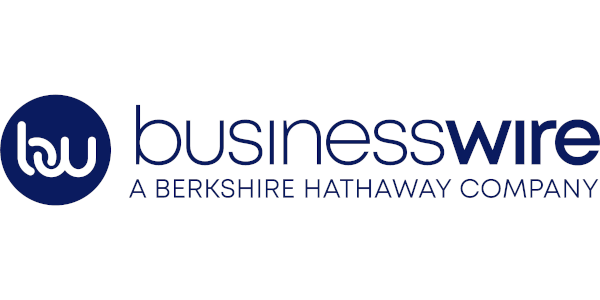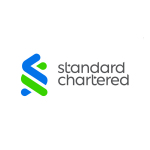Lack of leadership team support, alternative technology and regulatory certainty found to be the top three obstacles
NEW YORK–(BUSINESS WIRE)–New research from Standard Chartered has revealed that more than half of US-based companies are not transitioning to net-zero fast enough, leaving them in danger of missing the Paris Agreement target of net-zero carbon emissions by 2050.
Zeronomics, a study into the financing of a net-zero world, surveyed the senior leadership of 250 large companies and 100 investment specialists around the world between September and October 2020 and found:
- 53 percent of US-based business leaders believe their companies are not transitioning to net-zero fast enough.
- Many US based companies are looking to delay significant action to after 2030, with the 2020s looking set to be a lost decade. Some 53 percent of business leaders said their companies will make the most progress between 2030 and 2040, while a further 13 percent said they will take most action between 2040 and 2050.
- Most companies are delaying transition because they do not feel they are currently equipped to meet the target. Some 53 percent said they need extensive organisational change before tackling net-zero.
What are the barriers?
- Lack of available alternative technology at a commercially viable cost, and a lack of support from executive leadership are the biggest barriers for US companies to progress. Both reasons were cited as significant obstacles by 70 percent of the respondents, higher than 64 per cent and 60 percent global average rates
- Some 60 per cent of US respondents believe a lack of globally consistent measurement and reporting standards is hampering progress, while a further 60 per cent believe that a lack of regulatory certainty makes it difficult to know what approach to take to net-zero.
- US business leaders also believe that more support for net-zero from their own investors and at board level are hampering net-zero progress.
How to fix it
Zeronomics reveals what US business leaders believe is needed in order to speed up transition.
- 87 percent believe increased operational efficiency or cost savings from sustainable practices would make the transition to net-zero more financially attractive.
- A further 80 percent said increased demand for net-zero operations, products and services from net-zero trading partners could accelerate their transition.
- 77 percent of the respondents also stated that increased shareholder activism and investor scrutiny and pressure could positively contribute to the progress.
Issues facing developed markets contrast those of emerging markets
The research also underlines the different challenges that developed markets, such as the US and Western Europe face compared to the emerging markets. While developed markets are concerned about measurement frameworks (64 per cent), emerging markets are struggling to find the capital needed to finance transition (73 per cent).
|
What are the main barriers to transition in developed and emerging markets? |
|
|
Developed market companies believe there is a lack of… |
Emerging market companies believe there is a lack of… |
|
Globally consistent measurement and reporting standards (making it difficult to benchmark) – 64 percent |
Capital to finance net-zero transition – 73 percent |
|
Available affordable technology – 63 percent |
Support for net-zero transition from my organisation’s investors – 67 percent |
|
Consensus on net-zero definition and targets – 61 percent |
Consensus on net-zero definition and targets – 65 percent |
|
Capital to finance net-zero transition – 60 percent |
Regulatory certainty – 65 percent |
|
Regulatory pressure to take action on net-zero – 60 percent |
Available affordable technology – 64 percent |
“Reaching net-zero carbon emissions by 2050 will require effort from every organization across every sector,” said Jeremy Amias, Vice Chair, Standard Chartered Americas. “Our survey has shown that US based companies have greater confidence than emerging market companies in accessing capital and can potentially lead the way in transitioning to a net-zero global economy once consensus around benchmarks is established and as the cost of technology decreases.”
Standard Chartered
We are a leading international banking group, with a presence in 59 of the world’s most dynamic markets and serving clients in a further 85. Our purpose is to drive commerce and prosperity through our unique diversity, and our heritage and values are expressed in our brand promise, here for good.
Our history in the US dates back to 1902, and we are currently present in eight locations throughout the Americas. Our Americas franchise focuses on financial institutions and select corporates and plays a key role in facilitating trade and investment flows between the Americas and Asia, Africa, and the Middle East.
Standard Chartered PLC is listed on the London and Hong Kong Stock Exchanges.
For more stories and expert opinions please visit Insights at sc.com. Follow Standard Chartered on Twitter, LinkedIn and Facebook.
Contacts
Chris Teo
Standard Chartered
Chris.Teo@sc.com
Sammi He
Standard Chartered
Sammi.He@sc.com






